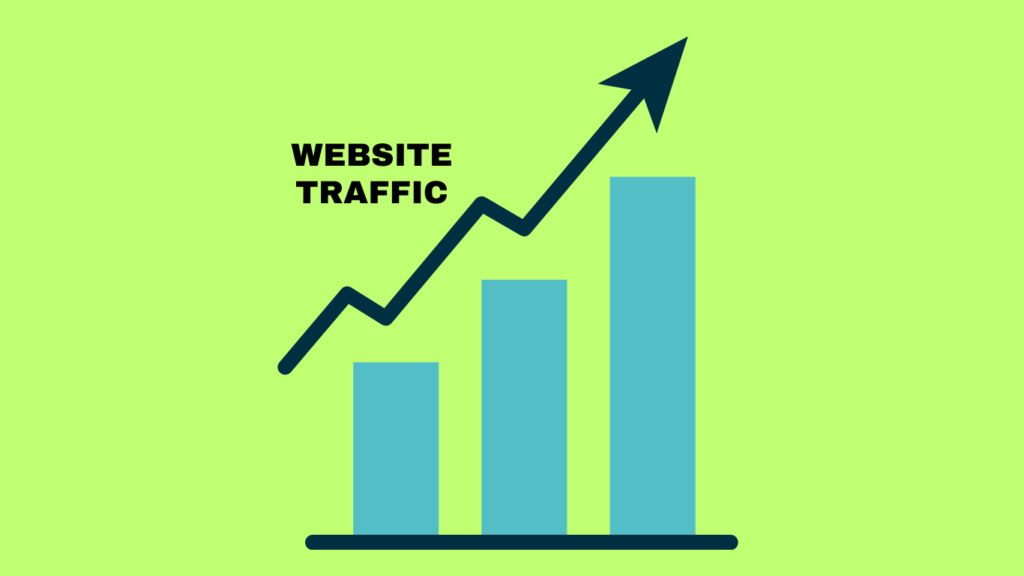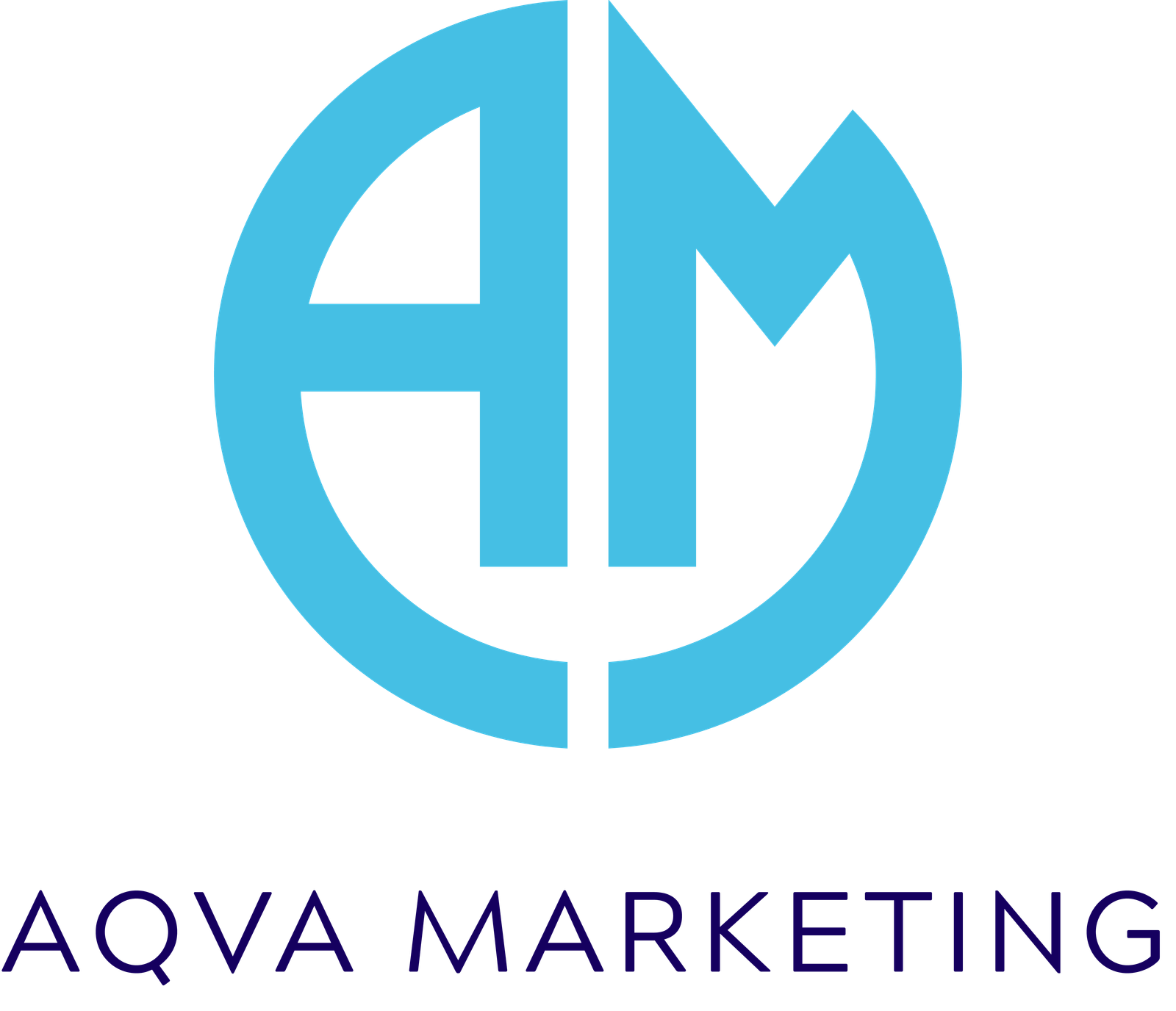
Digital marketing is a term you might have heard a thousand times. But what is it really? Not the textbook definition, not the jargon-filled explanation. I’m talking about what it actually means for you, for a small business owner, for someone trying to get noticed in a noisy world.
Here’s the simplest way to put it: digital marketing is how people find you online, trust you online, and eventually buy from you online. It may sound basic, but when you look at it closely, it’s a whole universe of strategies, tools, and platforms that can either make your brand visible or bury it.
So, What Exactly is Digital Marketing?
Think of digital marketing as today’s version of word-of-mouth, newspaper ads, and flashy billboards, just moved to the internet. Instead of shouting on a busy street corner, you’re showing up on Google.
It’s the same principle businesses have always relied on to get in front of the right people. The only difference is that now those people are scrolling, searching, liking, clicking, and swiping. That’s where your message has to live.
Why Digital Marketing Matters More Than Ever

Let’s be honest. Nobody makes decisions in isolation anymore. You look up reviews before buying a phone. You compare hotels on booking apps before traveling. Customers do the same with your product or service.
Here’s the scary part: if you’re not online, you don’t even enter their consideration set. Someone else, maybe less skilled than you, maybe newer than you, is getting their attention simply because they’re visible.
And visibility is the game. Statista says businesses threw over $600 billion into digital ads last year. Why? Because it works. Because customers live online.
Core Components of Digital Marketing
Digital marketing isn’t one-size-fits-all. It’s a toolbox. You pick the tool that fits your goal.
1. Search Engine Optimization (SEO)
Imagine you run a café. Someone types “best coffee near me” into Google. If your café shows up at the top, that’s SEO working for you. Free, organic, and powerful, but slow to build.
2. Pay-Per-Click Advertising (PPC)
Don’t want to wait? PPC puts you on top instantly. Yes, you pay for each click, but it’s immediate traffic.
3. Social Media Marketing
People spend hours on social media. That’s where they laugh, complain, and discover. If your brand shows up there in a genuine way, you become part of their daily scroll.
4. Content Marketing
Blogs, videos, and podcasts are content that builds trust. You’re not selling in every post; you’re teaching, entertaining, giving value. When you do that consistently, sales follow naturally.
5. Email Marketing
Still the quiet hero. A thoughtful email feels personal, almost like a one-to-one conversation. And it’s far more effective than most think.
6. Analytics and Data
Numbers don’t lie. Every like, share, click, or purchase leaves a trail. Smart brands track it, learn from it, and adjust. That’s how you avoid wasting money. That’s also where agencies like Aqva Marketing step in; they turn messy numbers into clear actions.
A Real-World Example
Here’s a story. A tiny bakery in Delhi was struggling. Great cakes, but nobody knew about them. So they started posting daily photos of their creations on Instagram. They boosted a few posts, spending barely a few thousand rupees. They asked happy customers to leave Google reviews.
Within three months, orders doubled. Soon, they were delivering across the city.
They didn’t hire celebrities or print banners. They simply showed up online where their customers already were.
Digital Marketing vs. Traditional Marketing
Billboards, TV, and radio still exist. But they’re expensive, and you can’t measure the results you get from them well. You don’t know if 100 people saw your ad or 10,000.
With digital, you know exactly how many people clicked, how long they stayed, and whether they bought. You can also tweak campaigns instantly. Try doing that with a newspaper ad once it’s printed.
That’s why digital isn’t just cheaper. It’s smarter.
Common Misconceptions About Digital Marketing
Let’s bust a few myths.
- “Only big brands can afford it.” False. Small players often benefit faster because they’re more flexible.
- “It’s just about social media.” Wrong. Social is one slice of a much bigger pie.
- “It works overnight.” Sometimes, with ads. But most of the time, it takes effort and consistency.
How to Get Started with Digital Marketing
Start simple. Don’t try to master everything on day one.
- Pick one goal. Leads, sales, and awareness – be clear about it.
- Define your audience. Who are they? Where do they hang out online?
- Choose a couple of platforms. Don’t spread yourself too thin.
- Share valuable content. Do not sell constantly. Mix it up.
- Measure, adjust, repeat.
That’s it. Not easy, but not rocket science either.
Final Thoughts
Your customers are already online. They’re searching, comparing, and deciding. The only question is: are they finding you, or someone else?
If the whole thing feels overwhelming, you don’t have to go it alone. Agencies like Aqva Marketing exist to guide businesses through the maze, pick the right strategies, and get results that actually matter.
Because digital marketing isn’t about platforms or algorithms at the end of the day. It’s about people. About showing up where they are, and giving them a reason to choose you.
